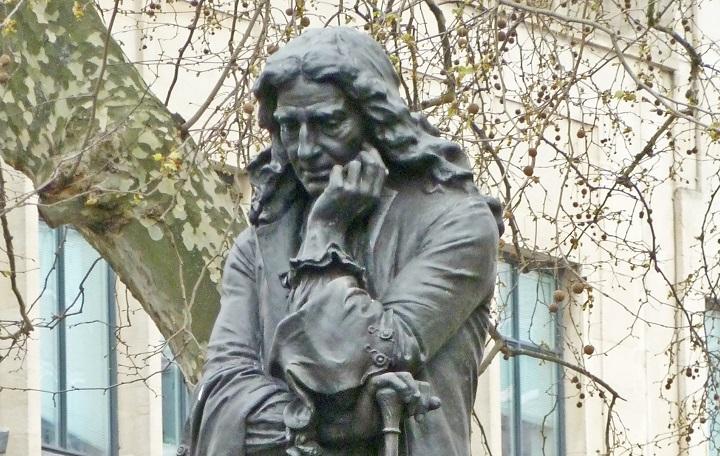Commentary
In the wake of what I am inclined to call Black Lives Matter Madness (BLMM), a self-righteous mob in the city of Bristol, England, toppled a statue of Edward Colston and threw it into the waters of the River Avon.

In the wake of what I am inclined to call Black Lives Matter Madness (BLMM), a self-righteous mob in the city of Bristol, England, toppled a statue of Edward Colston and threw it into the waters of the River Avon.